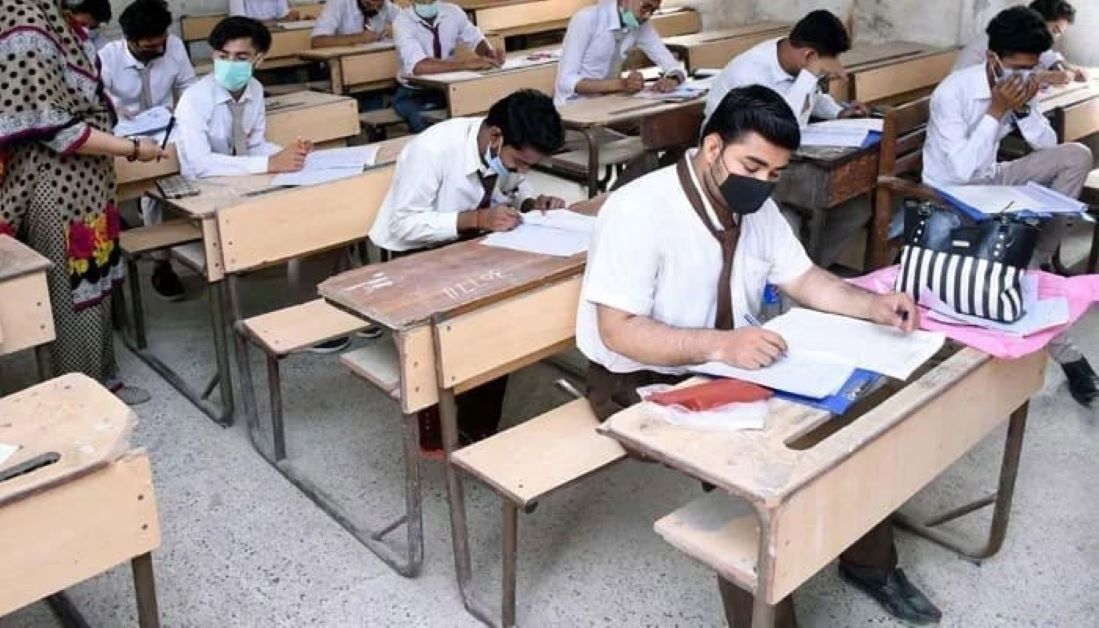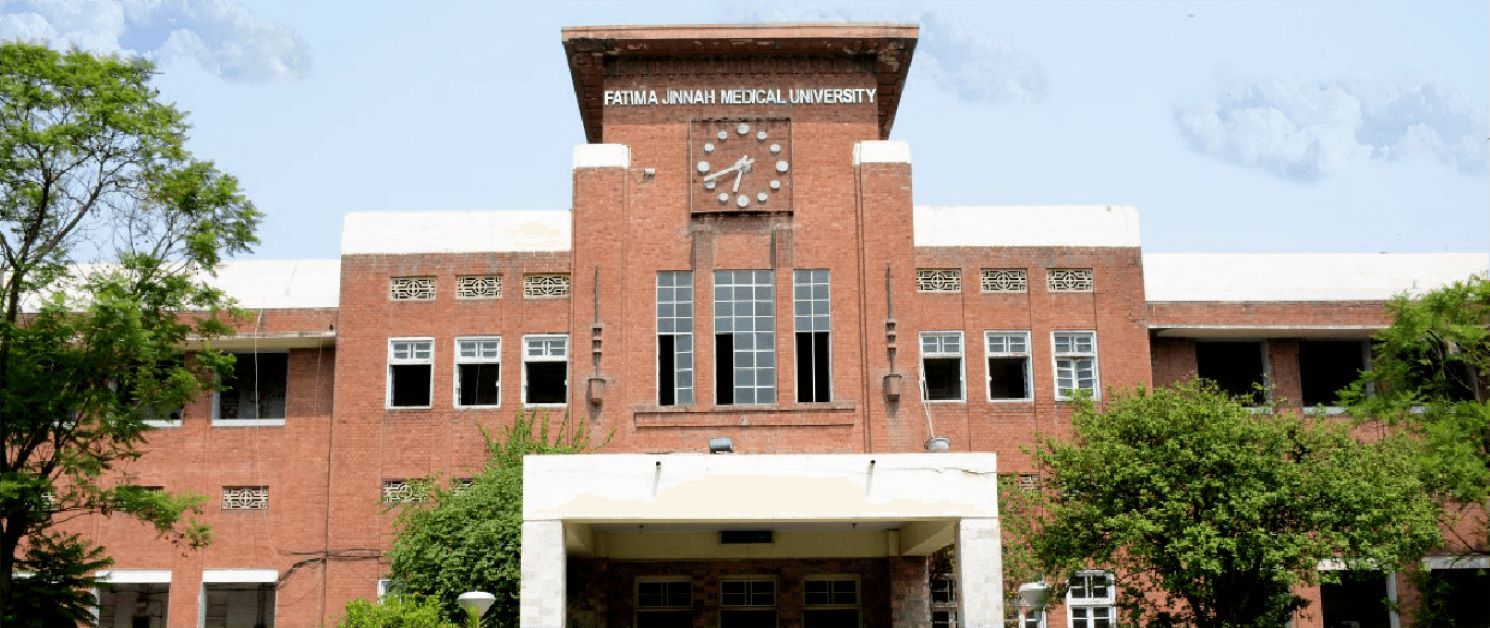The academic future of nearly 100,000 students in Karachi is currently in jeopardy, as the Sindh government’s lack of urgency and efficiency threatens to disrupt the upcoming Intermediate Part I and II exams, which are scheduled to begin on April 28. With only 13 days remaining, several crucial decisions, such as appointing a new Board Chairman, releasing the exam schedules, and addressing the issue of grace marks, remain unresolved. These delays have left students and parents in distress, unsure of how to prepare for the exams or what the future holds.
Karachi Intermediate Board Without a Chairman
The absence of a permanent Chairman at the Karachi Intermediate Board has led to a serious administrative standstill just weeks before the scheduled exams. Since Prof. Sharaf Ali Shah was relieved of his duties, the Board has been operating without a key decision-maker. Although Faqir Lakho is expected to take over. However, bureaucratic delays have stalled his appointment, creating confusion and frustration for students and staff alike.
Key consequences of the Chairman’s absence include:
- Growing uncertainty among students about exam logistics
- Inability to finalize and release the exam schedule
- Delay in publishing the list of exam centers
- Halted administrative decisions related to exam planning
Grace Marks for Intermediate Part I Students Still Pending
Another pressing concern for students is the unresolved matter of grace marks for Intermediate Part I candidates. On March 25, a Sindh Assembly committee officially recommended awarding up to 20% grace marks in Physics, Chemistry, and Mathematics to students who did not pass these subjects. Moreover, This decision was publicly supported by the Sindh Education Minister and several committee members during a press conference.
The consequences of this delay include:
- Increased stress and lack of motivation among affected students
- Uncertainty over eligibility to appear in Part II exams
- Delay in updating and issuing revised mark sheets
- Risk of administrative congestion if grace marks are approved last-minute
Key Events Contributing to the Crisis
- March 25: Sindh Assembly committee recommends granting up to 20% grace marks for Intermediate Part I students.
- Early April 2025: Karachi Intermediate Board remains without a Chairman, stalling key decisions.
- April 15: No official notification issued regarding grace marks or exam schedules.
The Delay: Government’s Inaction and Bureaucratic Challenges
The ongoing delays surrounding Karachi’s Intermediate exams can largely be attributed to the Sindh government’s inability to act promptly on critical administrative matters. Bureaucratic red tape has stalled the appointment of a new Chairman for the Karachi Intermediate Board, while the summary for approving grace marks remains pending at the Chief Minister’s office. Moreover, this lack of urgency by the Universities and Boards Department, despite the rapidly approaching exam date, has intensified the crisis and left students and parents increasingly anxious.
Key reasons for the delay include:
- Absence of communication from top officials during a critical period
- Bureaucratic hold-up in appointing the new Board Chairman
- Lack of approval from the Chief Minister for the grace marks summary
- Inaction and low prioritization by the Universities and Boards Department
Proposed Solutions to Resolve the Crisis
To prevent further disruption to students’ academic progress, the Sindh government must act immediately and decisively. The situation demands urgent administrative steps that can bring clarity and direction to the thousands of students who are currently left in uncertainty. Appointing a new Chairman for the Karachi Intermediate Board should be the top priority.
Key steps that need to be taken include:
- Swift Appointment of a New Chairman to allow the Board to resume full administrative operations and finalize essential exam-related decisions.
- Urgent approval of the grace marks summary by the Chief Minister, removing ambiguity for students who are unsure whether they need to retake failed subjects.
- Issuance of an official notification regarding the grace marks decision, ensuring students receive a formal update about their academic status.
Urgent Action and Communication Needed
In addition to these administrative tasks, a coordinated response from all stakeholders is crucial. An emergency meeting must be held with representatives from the education sector, including Board officials, ministry staff, and school administrators. Moreover, the goal should be to quickly finalize exam schedules and center assignments.
Once decisions are made, it is equally important to communicate them effectively. A well-planned public awareness campaign should be launched using:
- SMS alerts to directly reach students with immediate updates
- Email notifications sent through school and Board databases
- Media announcements on television, newspapers, and social platforms to ensure widespread awareness
By taking these measures promptly, the Sindh government can not only avoid further academic setbacks but also restore confidence among students and parents who are anxiously awaiting clear guidance..
The Impact on Karachi’s Students
- 100,000 students affected by delays in exam planning
- No Chairman, grace marks, or exam schedule finalized
- Urgent action needed to prevent academic setbacks
About ParhloPakistan
ParhloPakistan is a digital platform dedicated to providing the latest news, updates, and engaging content about Pakistan. We strive to cover important issues such as education, politics, and social matters to keep our readers informed. ParhloPakistan has become a reliable source for individuals seeking timely and insightful information, especially in times of crisis like this. Our website is committed to giving voice to the concerns of the Pakistani community, ensuring that stories like the delayed Karachi Intermediate exams are brought to the forefront and addressed in a constructive manner.
Conclusion
The Sindh government’s delay in addressing the issues surrounding Karachi’s Intermediate exams has left students in a precarious situation. The lack of leadership, unresolved grace marks, and missing exam schedules have created uncertainty and stress for thousands of students. It is crucial that the government take immediate action to resolve these issues and restore confidence among the affected students and their families. Time is running out, and the academic future of many young people is hanging in the balance.
Stay updated with the latest news on Karachi’s exams, education, and more by visiting our blogs!




